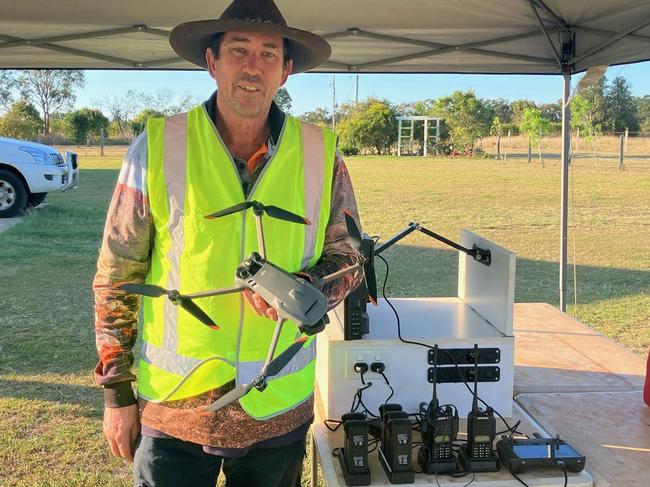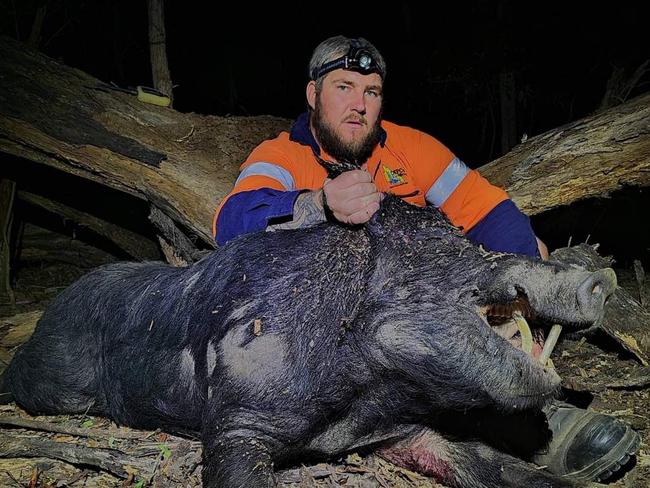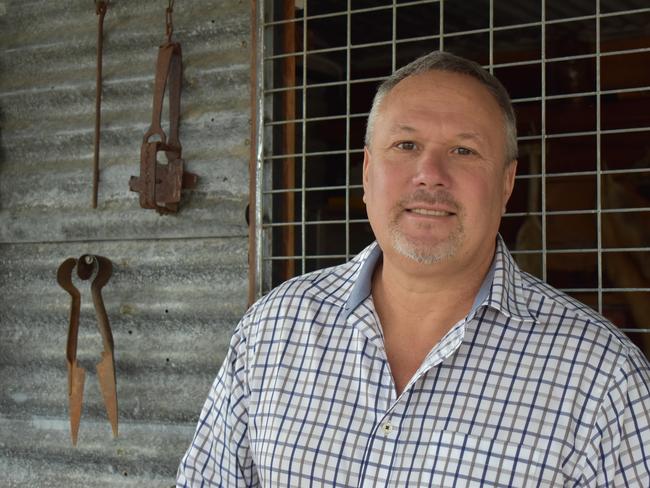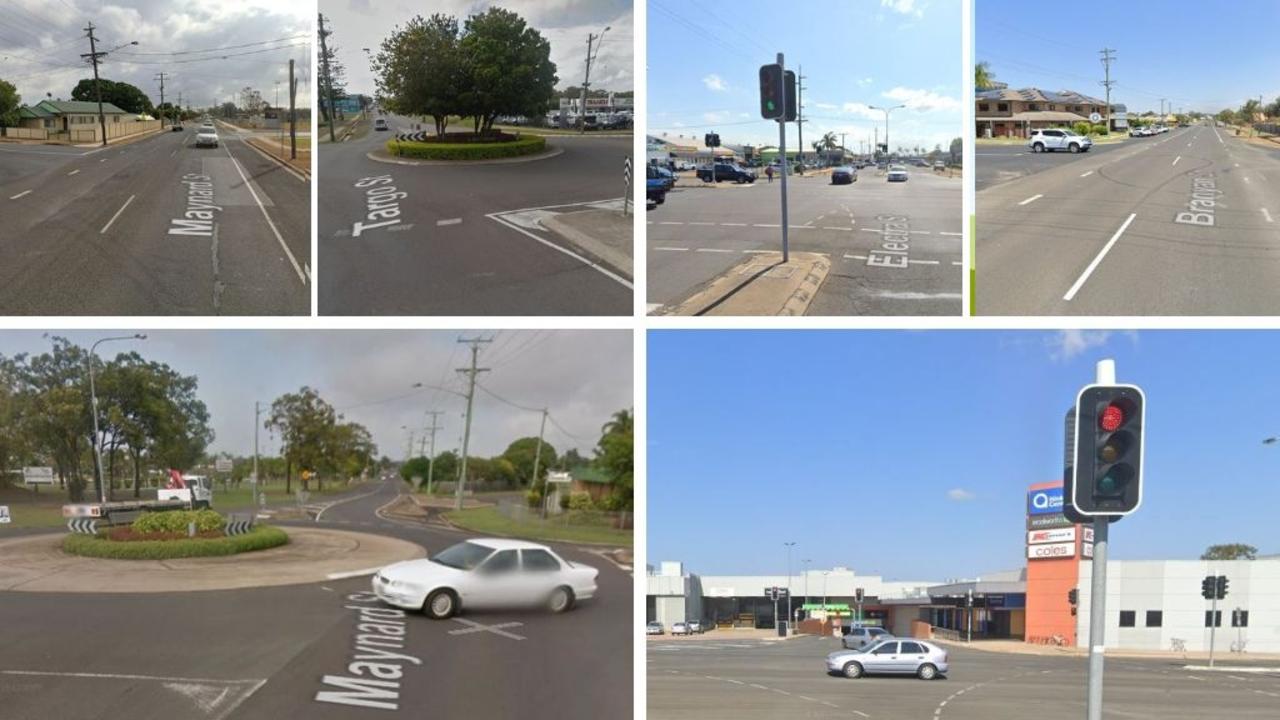Pig hunters, MP’s critical of state gov funding announcement aimed at feral pig problem
Plans to inject $2 million dollars into the fight to control Queensland’s feral pig problem have been criticised with established pig hunters saying the funding is being directed to the wrong places.
Community News
Don't miss out on the headlines from Community News. Followed categories will be added to My News.
The man behind one of the state’s most respected feral pest control businesses says the state government’s recent funding announcement to tackle the ongoing feral pig issue plaguing farmers won’t come close to solving the issue.
On Monday, December 18 the Queensland Government announced funding was officially available for “eligible organisations” to gain access to up to four “feral pig management co-ordinator positions”.
The program, for which applications close at the end of February 2024, promises to “support the initiation and delivery of effective feral pig management for both private and public land managers”.
It is only open to regional councils, regional Natural Resource Management groups, Land and Sea Ranger groups or Aboriginal Land Councils, state farming organisations or incorporated industry organisations.
The $2.16 million in funding would go towards employing the co-ordinators on a three-year term.
But Darren Pratt of Bundaberg Feral Pest Control said the funding is being allocated in the wrong direction.
With more than 35 years experience in the pig hunting industry, and more than $50,000 invested in his business, Mr Pratt said the biggest issue facing the eradication of feral pigs is subsidisation and clearing state owned land.

“A lot of the national parks and wildlife, do their own culling on occasion on their land, but it is not being done enough because a lot of the pigs are breeding in national parks and then coming out onto farms we can access,” he said.
Mr Pratt was sympathetic to park rangers, who struggle against closing entire parklands for hunting projects with signs warning trespassers of active shooting often ignored.
He said the efforts of rangers who set traps are often tampered with, or destroyed by “weekend warriors” who want pigs to remain on public land for their own “trophy hunting” expeditions.
However the biggest issue many accredited pig hunters agreed on was that of farmers battling the breeding fallout, who struggle to afford paying professionals to come in and tackle the problem.
With prices ranging from $150 per pig to more than $250 per pig with monthly droning fees in the hundreds, Mr Pratt and others agree the funding needs to go towards subsidising farmers investments.

“I’ve been saying this for a long time, the state government needs to be giving the co-ordinators funding to help us registered professionals go in and remove those pigs,” he said.
“If they were to subsidise, to help feral pest control operators, then we would be allowed on more farms because farmers would not be forking out so much more money.”
Mr Pratt said outright any funding opportunities need to be allocated to those who spend the time and the money committing to becoming a registered and competent business, to avoid a gun toting, dog hunting free-for-all which puts farmers properties and lives at risk.
Sam Floss of Cane Pigs Queensland, differed slightly from Mr Pratt and said there needs to be a return to “snout and tail” hunting, however with more restrictions than previous years to prevent such a free-for-all.
The initiative, which paid hunters for every feral pig they could kill, was impacted over concerns opportunistic farmers would intentionally breed feral pigs for the bounty price.
Mr Floss said this concern was unrealistic.

“Who is going to intentionally breed pigs for $10 when you can sell them on gum tree for $70 or $80,” he said.
“Secondly, feral pigs do not do well in captivity, they take so long to raise compared to pink pigs.”
Member for Mirani Stephen Andrew was critical of the funding announcement, calling it a “token gesture” towards a problem which causes tens of millions of damage annually.
He said the government is facing a “competency crisis” around feral pests and needs to work with engaging local communities and farmers, to make sure existing programs of control aren’t encroached on by the same “weekend warriors” Mr Pratt had encountered.




